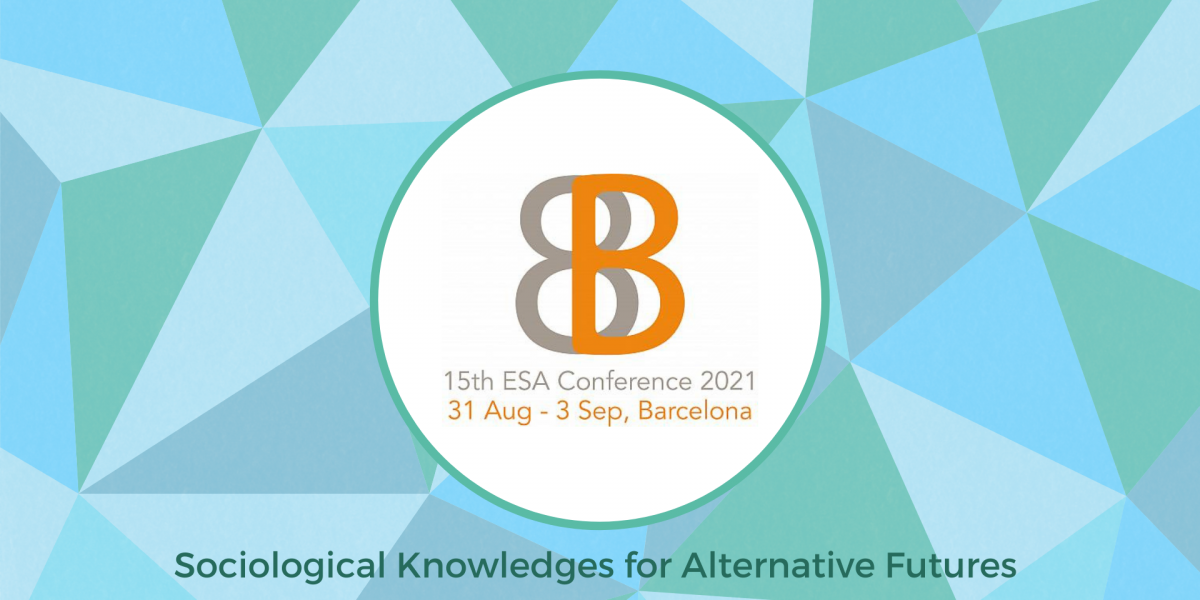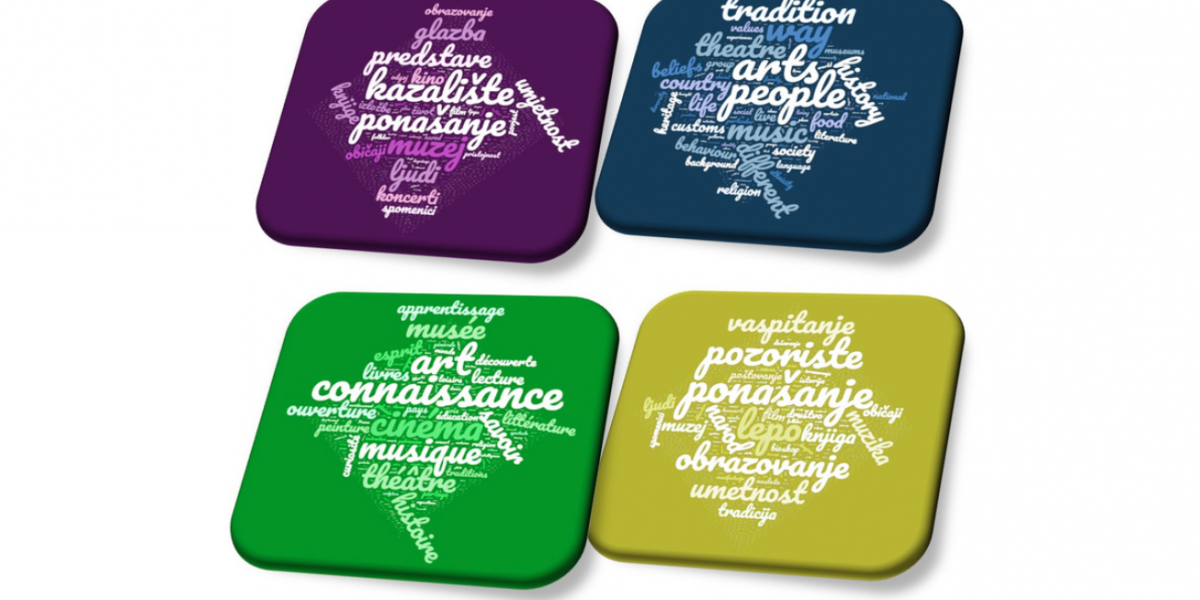Tag: Serbia
Is Serbia a very religious society?
The data obtained from previous empirical research testified that religiosity in Serbia could be subsumed under Grace Davie’s phrase “belonging without believing”. Namely, the inhabitants of Serbia broadly expressed their confessional affiliation to one of the dominant religions (Orthodox Christianity, Catholicism, Islam, etc.). This was accompanied by a somewhat lower level of self-declared religiosity, which indicated that confessional affiliation was
Serbian INVENT team on ESA 2021 conference
The INVENT team from Serbia, together with Croatian and French colleagues, presents four studies at this year’s conference of the European Sociological Association. Predrag Cvetičanin and Inga Tomić-Koludrović focus on the impact of growing societal disparities on culture. Following Bourdieu, they examine how the conceptions of culture and perceptions of the social world (perceptions of the impact of social inequalities
Plural notions of culture and challenges to cultural policy-making
Even though culture as a word reflects multiple, often contradictory notions, the dominant understanding of culture within cultural policy practice and debates oftentime limits culture to professional cultural actors and excludes other notions. In order to provide insights into multiple notions of culture as perceived by citizens in Europe, in one of the questions in the survey the INVENT team
Culture and Symbolic Boundaries in Serbia
Results of Exploratory Study in Serbia – Part II Culture unites, but culture can also divide. In the exploratory study conducted with the aim of collecting different understandings of culture in June and July 2020, one of the questions was directed towards identifying symbolic boundaries in the area of culture in Serbia. According to Lamont (2001) symbolic boundaries are the






 This project has received funding from the European Union’s Horizon 2020 research and innovation programme under grant agreement No
This project has received funding from the European Union’s Horizon 2020 research and innovation programme under grant agreement No